Why do pig farms stink?
Why do pig farms stink? According to a recent study, emissions from hog farms, which include dust, allergens, irritants, hydrogen sulfide, ammonia, and hundreds of other volatile organic compounds, may have a measurable impact on human health. Despite the fact that the smell of a hog farm may seem repulsive, researchers discovered that neighbors of large hog farms experience an increase in blood pressure when the farm odor is strong.
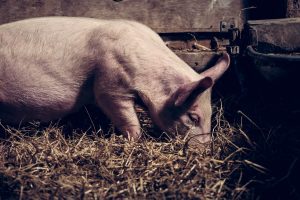

According to the Environmental Protection Agency of the United States, industrial-scale farms that raise animals for food are known as “concentrated animal feeding operations” (CAFOs). It has been demonstrated that these farms’ enormous quantities of manure have a number of documented effects on the environment. This waste, which can infect humans and is used as fertilizer, is sprayed on fields or gathered in open pits, putting the soil, water, and air in danger.
However, the problem goes beyond just the smell and waste. In North Carolina, where the number of hog farms has skyrocketed over the past 25 years to the point where there are now more hogs than people, previous research found that the smell of the farms made nearby residents feel stressed and in bad mood. 2009 saw the publication of this study in the American Journal of Public Health.
Pigs are known for having a bad smell and not being clean. A parent might refer to a teenager’s bedroom as a “pig sty” for a reason. If you want to raise pigs, you must be prepared for everything they can throw at you, including their stench.
Are pigs odorous? Pigs are clean-loving, hygienic animals that don’t smell. The hard truth is that their manure does smell, perhaps even more so than that of other farm animals. The compounds in your pig’s manure have a significantly stronger odor than those in the manure of other livestock.
There are two methods for controlling the smell of your farm pigs’ manure: through their eating habits and environmental management.
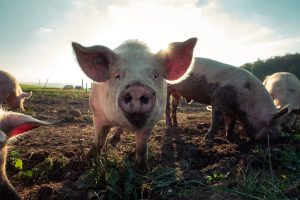

By effectively managing the environment, you can help your pig farm smell better. Give your pigs a separate area for eating and sleeping and encourage them to urinate in that area. In addition, you’ll want to keep the manure clean and their pasture or pen as dry as possible. You can compost pig waste without having to deal with the smell by making a pile of manure away from your facilities.
Pigs have a natural desire to eliminate waste in areas where they are not sleeping or eating because they are naturally clean animals. To construct a “toilet corner” for your pigs, you will need to provide them with sufficient space. This can be stoked by providing them with plenty of dry bedding for their shelter and a separate space for food and water. In addition to these two locations, ensure that your pigs have ample room to select a location for their fences.
It will be easier for you to remove the smell and clean up the manure if your pigs excrete in the same relative location. You shouldn’t have to teach the pigs to avoid manure in their sleeping areas because they naturally prefer cleanliness.
You shouldn’t give your pigs too much space, but you should give them enough so they don’t urinate where they sleep and eat, according to some people. If you give your pigs too much space, it will make it harder to keep their pastures free of manure and will spread out their “smell range.” For instance, if a portion of your pasture is close to your neighbor’s house, you should confine your pigs so that they don’t waste too close to them.
Pig odor typically results from poor air quality. These potent gases that make smells, like p-cresol, usually only exist in low concentrations, so they don’t necessarily put people’s health at risk right away. However, litigation frequently centers on odor-related issues. This issue affects numerous large and small farmers, and the litigation may force small farms out of business. For a lot of people, this is a real problem. Fundamental research on odor, odor control, and livestock gaseous dust emissions is still required. Without a doubt, that is.


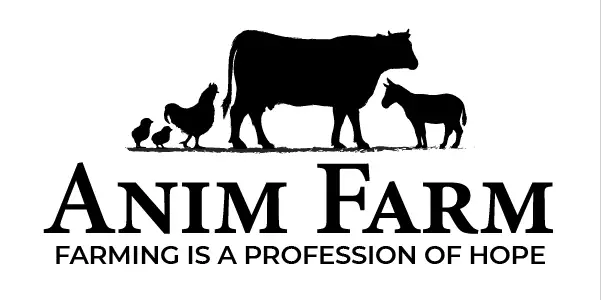
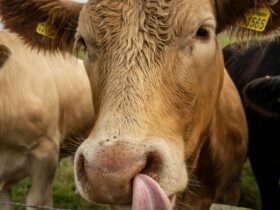
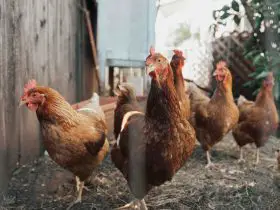
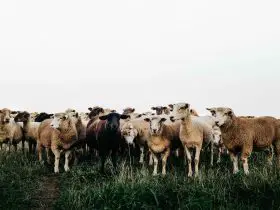
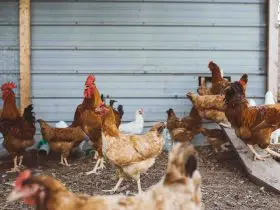
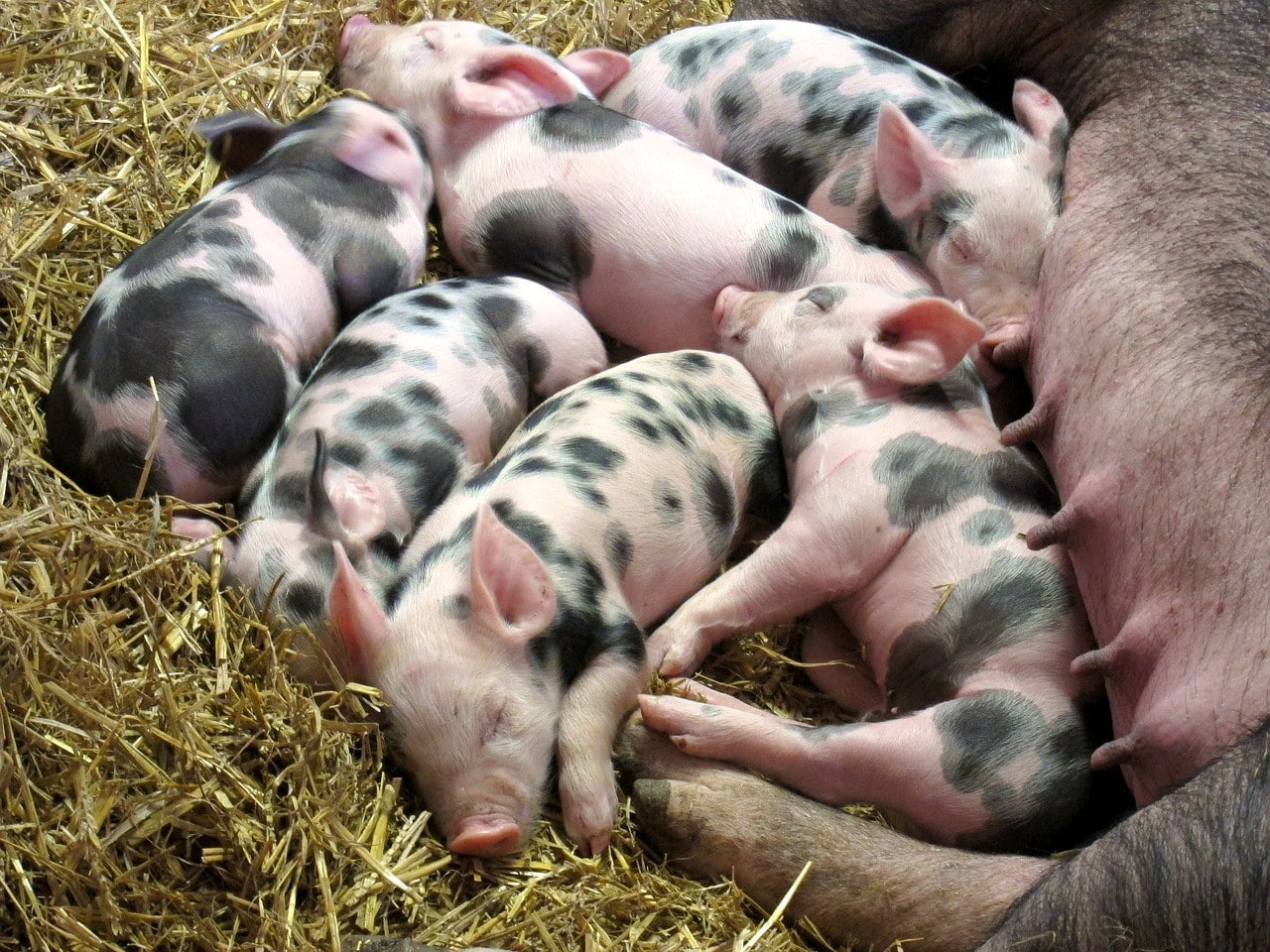
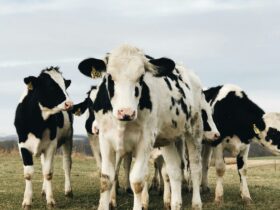
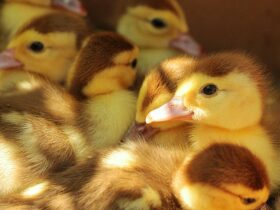
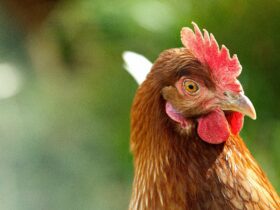
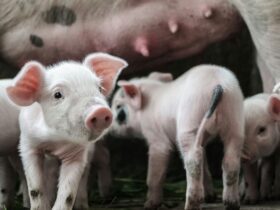
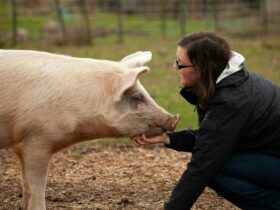
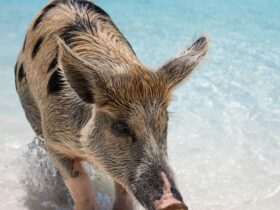
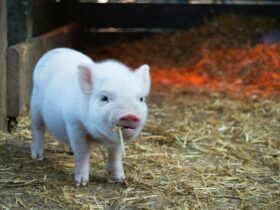

Hello!! Welcome to Anim Farm